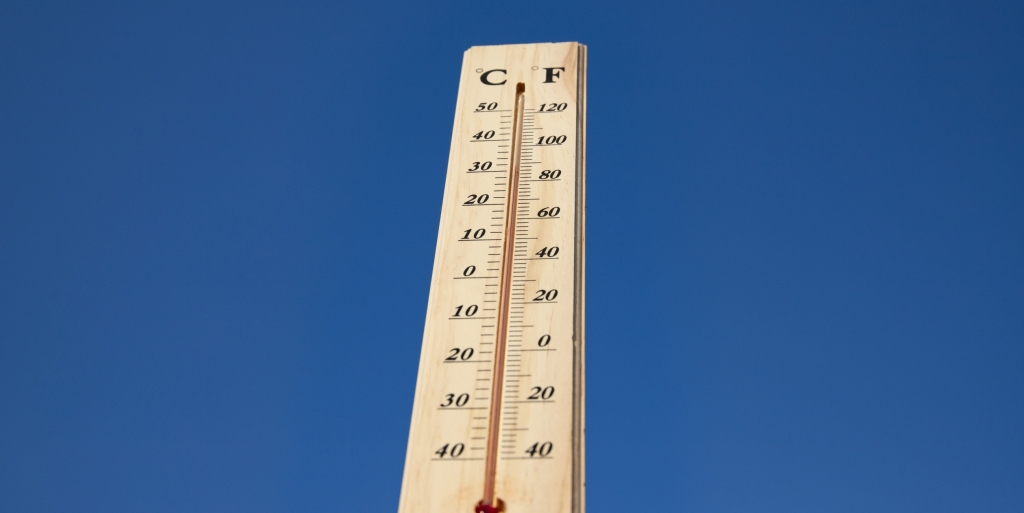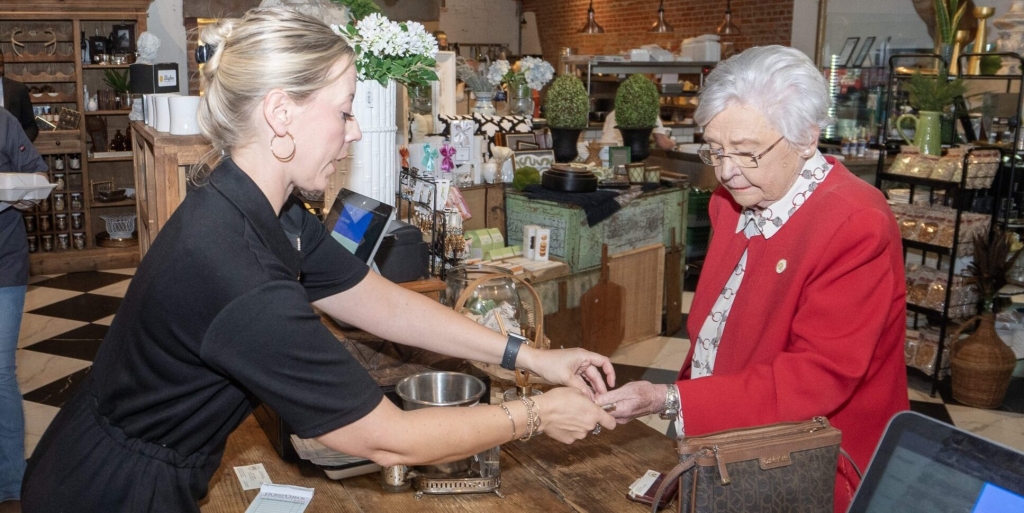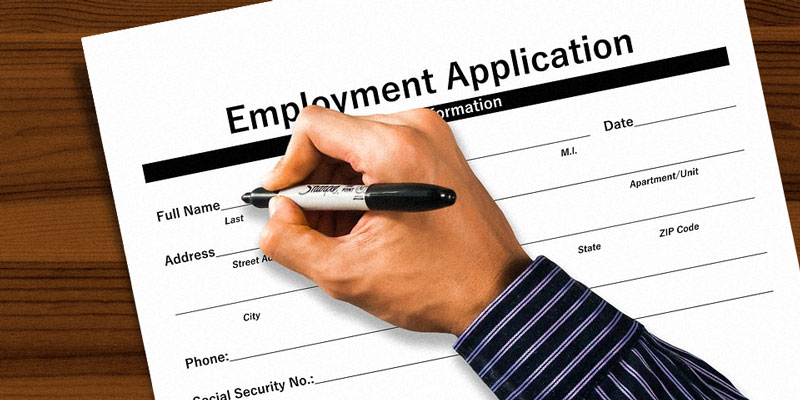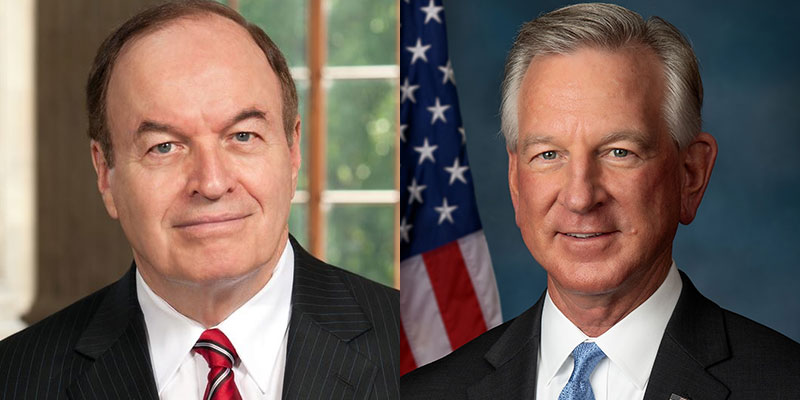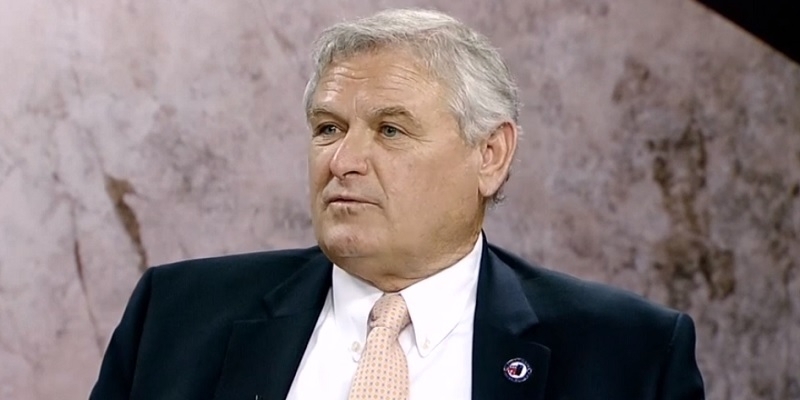The National Federation of Independent Business (NFIB) on Tuesday released the results of its latest monthly Small Business Economy Trends survey.
The survey covered the month of April. Results showed small business optimism taking another dive, falling 5.5 points to 90.9, with owners expressing certainty the economy will weaken in the near-term but expecting it to improve over the coming six months.
The survey’s Optimism Index has fallen 13.6 points over the last two months, with nine of 10 index components declining in April and one improving.
State-specific data was not available. NFIB Alabama State Director Rosemary Elebash stated, “It was a difficult spring for Alabama’s small businesses, but hopefully the worst is behind us and we can continue the process of reopening the economy.”
The survey results also underscored small business owners’ need for more flexibility, especially in that real sales expectations in the next six months declined 30 points to a net negative 42%, the lowest reading in the survey’s 46-year history. For comparison, the second-lowest reading ever was net negative 24% in April 1980.
Further, a net negative 11% of all small business owners (seasonally adjusted) reported higher nominal sales in the past three months, down 19 points from March.
“The impact from this pandemic, including government stay-at-home orders and mandated non-essential business closures, has had a devasting impact on the small business economy,” NFIB Chief Economist William Dunkelberg said in a statement. “Owners are starting to benefit from the PPP and EIDL small business loan programs as they try to reopen and keep employees on staff. Small business owners need more flexibility, though, in using the PPP loan to support business operations and liability protection so that all these efforts to support small businesses are not ultimately lost in costly litigation.”
The NFIB Uncertainty Index showed reports of expected better business conditions in the next six months increasing 24 points, rebounding from a 17-point decline in March. Owners’ optimism about future conditions indicates they expect the recession to be short-lived.
Other key findings from April’s Optimism Index included:
Earnings trends declined 14 points to a net negative 20 percent. Among owners reporting weaker profits, 39 percent blamed weak sales, 16 percent blamed usual seasonal change, six percent cited price changes, four percent cited labor costs, and two percent cited materials costs. For owners reporting higher profits, 63 percent credited sales volumes and 17 percent credited usual seasonal change.
The percent of owners thinking it’s a good time to expand lost 10 points falling to three percent, its lowest level since March 2010.
“The full force of the ‘recession’ has not yet been felt as programs such as PPP encourage firms to maintain employment even as the government shutdown reduces business activity,” Dunkelberg concluded. “A large percentage of the unemployed expect to be rehired as the economy opens back up, but the picture is further confused by unemployment benefits that for many exceed previous pay. Small business owners are starting to rehire laid-off employees as states lift business restrictions and small business loans are hitting bank accounts.”
Sean Ross is the editor of Yellowhammer News. You can follow him on Twitter @sean_yhn






